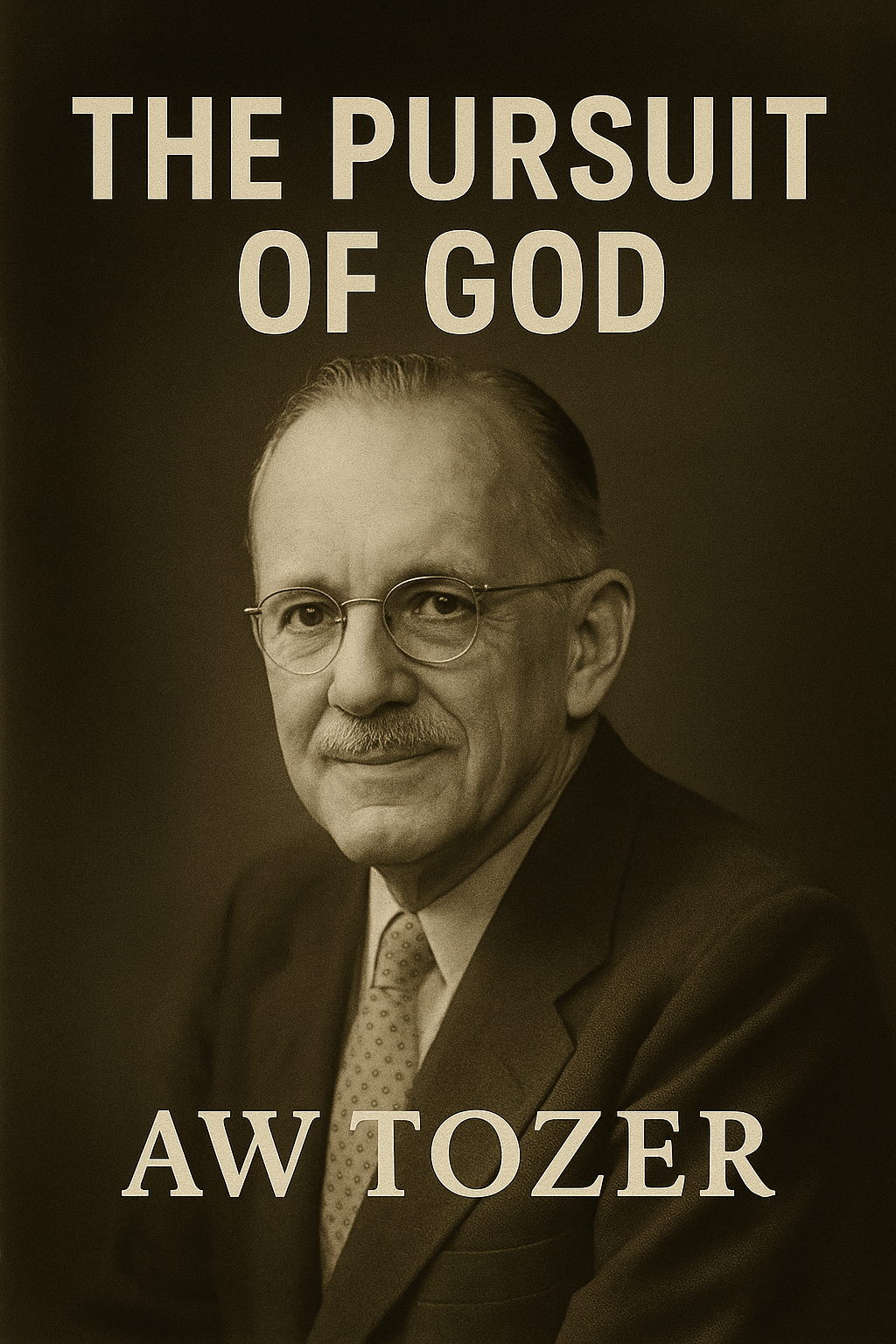
Contents
Foreword
Aiden Wilson Tozer was born in 1897 on a small farm in western Pennsylvania. He had no formal theological education. He never attended seminary. He was entirely self-taught — a rarity in his day, and nearly unthinkable in ours.
Tozer's life was marked by spiritual hunger. He taught himself Greek. He devoured the writings of Nicholas of Cusa, Bernard of Clairvaux, and Thomas à Kempis. He fasted often, prayed much, and called others to do the same. He wrote prophetically, with fire in his bones. And he lived simply, turning down raises and royalties so he could live as he preached.
But Tozer didn't fit neatly within the evangelical world that eventually embraced him. He was a critic of cultural Christianity, a lone voice calling for repentance not just from the world, but from the lukewarm religion that had taken over the church. He attacked the hollowness of evangelical machinery, the idolatry of reputation, and the tendency to mistake information for transformation. His words still scorch the comfortable and awaken the hungry.
Tozer wrote The Pursuit of God on a night train from Chicago to Texas in 1948. He composed it in a single sitting, pouring it out as fast as the Spirit gave it. He never revised it. He said it cost him nothing but prayer and pain — and it shows. The book does not argue. It pleads. It does not present theology. It offers bread.
Tozer died in 1963 at the age of 66. He was buried in Akron, Ohio, beneath a simple stone that reads: "A Man of God."
This edition of The Pursuit of God is offered freely, as Tozer would have wanted. It includes both the original and modernized versions of the text, side by side, so that new generations can hear the voice behind the voice — the Spirit calling all who are thirsty to come.
If you are hungry — truly hungry — this book may feed you.